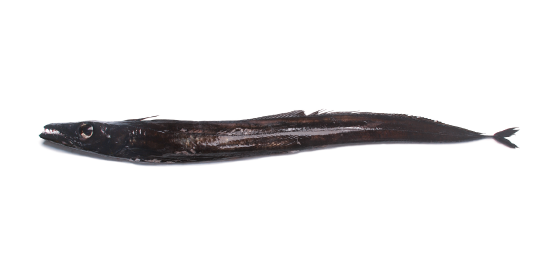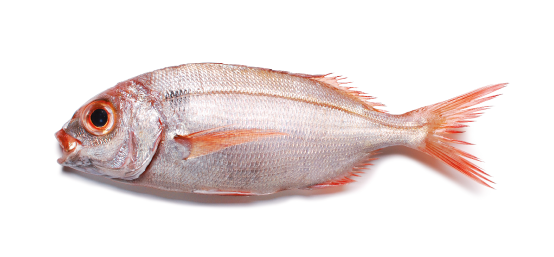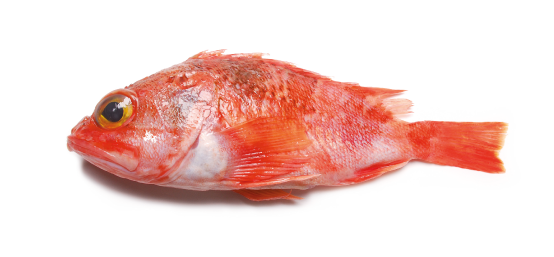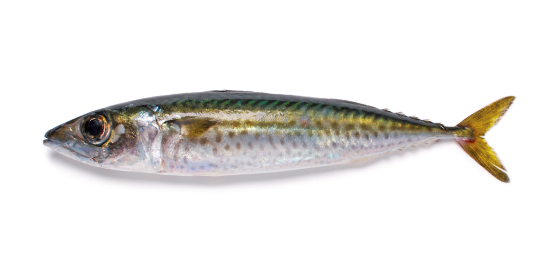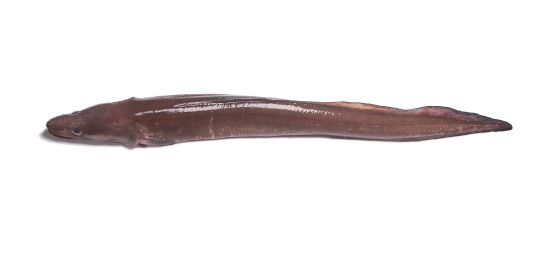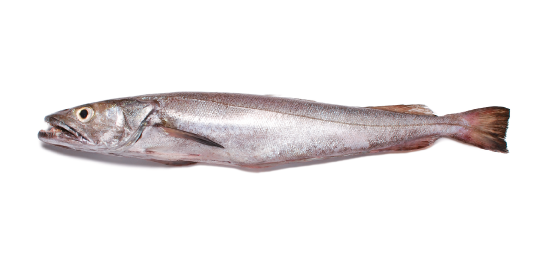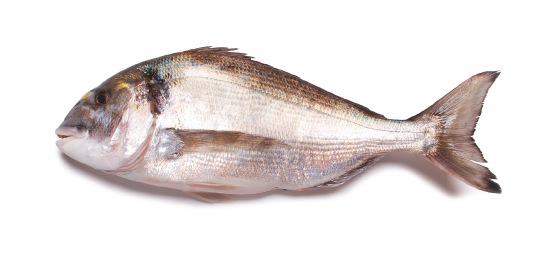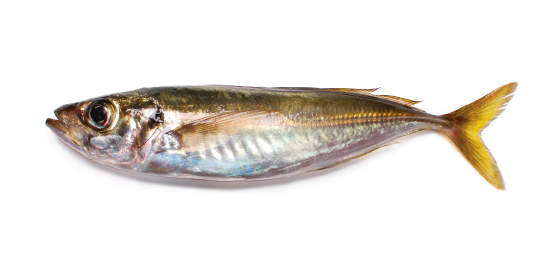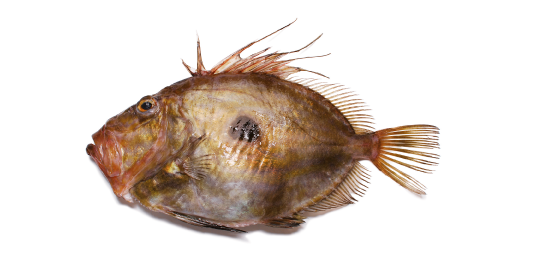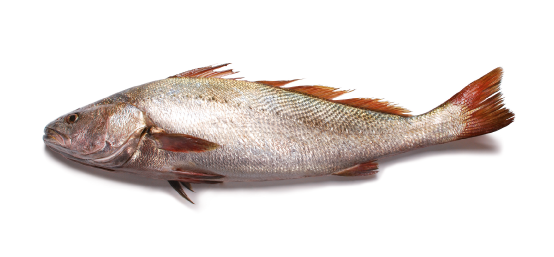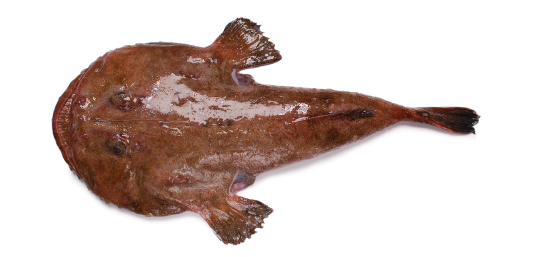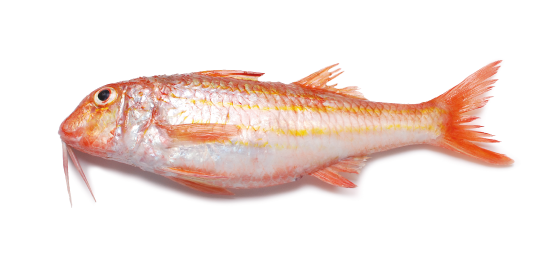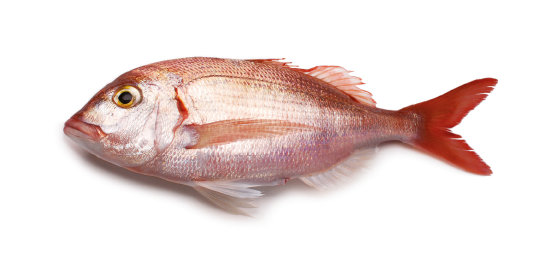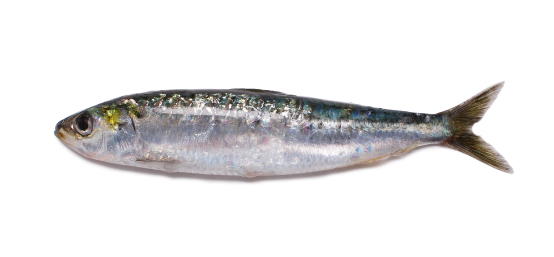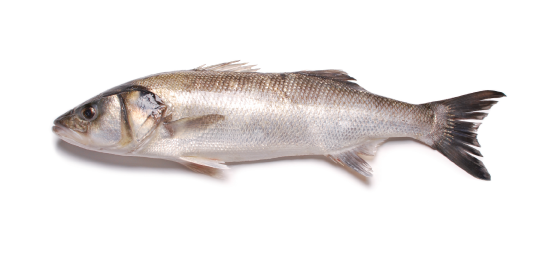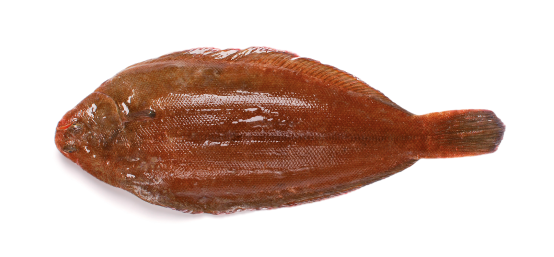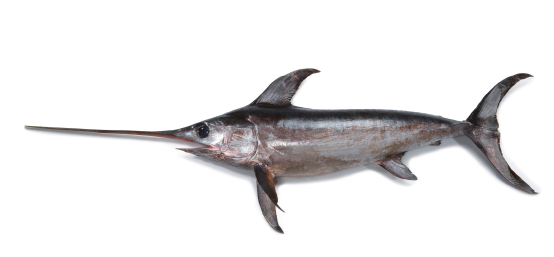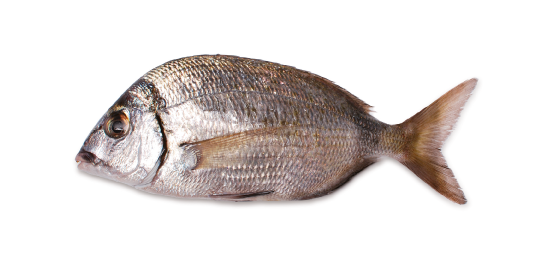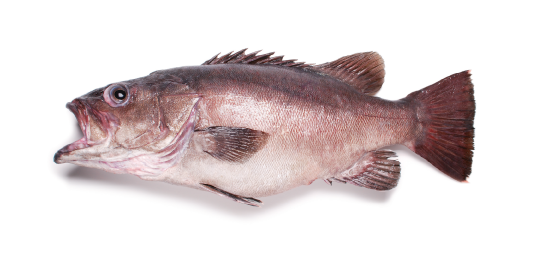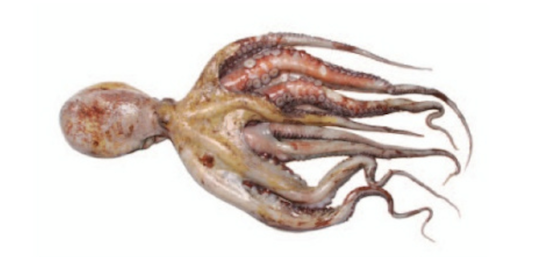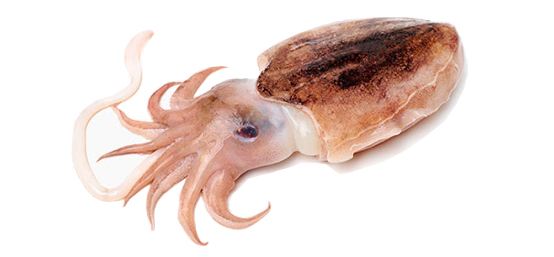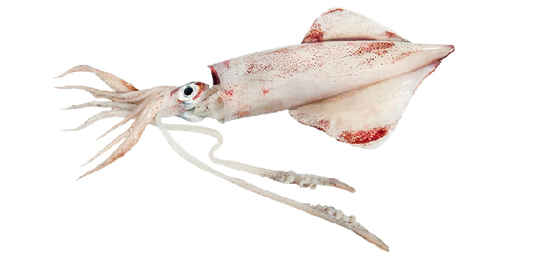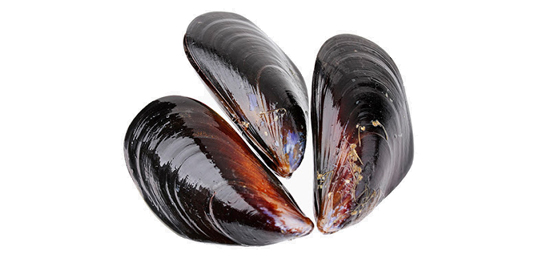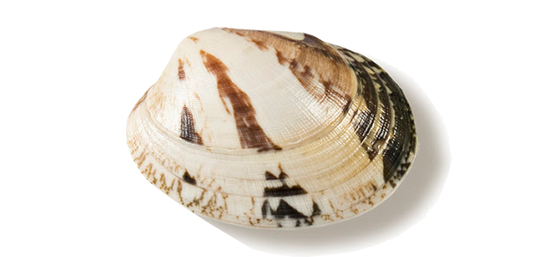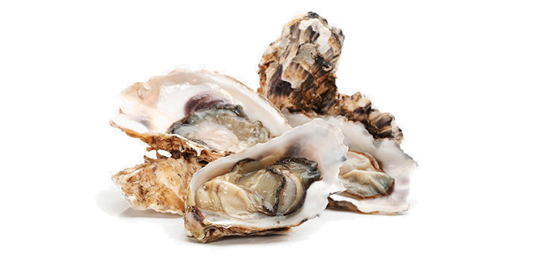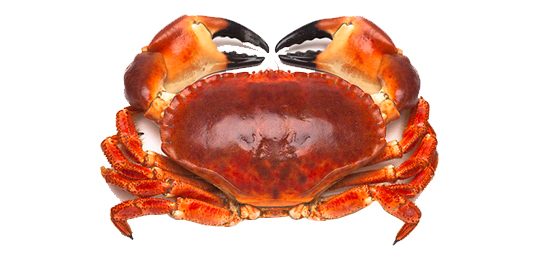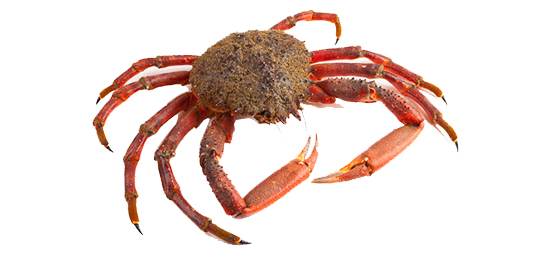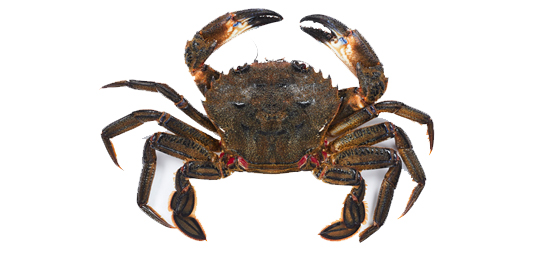Learn about the fish species most commonly caught in the Portuguese sea and which arrive at your table. The marine species included here are not in significant decline and they are the species that are of greatest economic interest to the country. In total, twenty fish species, three cephalopod species, three bivalve species and three crustacean species were selected, all of high interest to restaurants or frequently consumed by the Portuguese. The grooved carpet shell (Ruditapes decussatus) and the oyster (Crassostrea spp.) were included in view of their large production in aquaculture.
For each presented species their main morpho- logical characteristics, distribution in Portuguese waters, habitat, migratory behaviour, the type of feed and their breeding strategies are briefly described. The main fishing gears used by the Portuguese fishing fleet to catch these species are also referred.
According to the United Nations Food and Agri- culture Organization (FAO) and the World Health Organization (WHO), fish consumption provides health benefits due to lipids, proteins and other nutrients such as omega-3 polyunsaturated fatty acids present in their composition.
Portugal is currently the EU country with the highest annual per capita consumption of fish, ranking third in the world, exceeded only by Iceland and Japan. But with such a high consumption of fish, our country also has a ma- jor responsibility in the exploitation of marine resources. And this is where the population’s scientific culture makes a difference.
If we consume only fish which sizes are above the minimum landing size, we are contributing to the species reproducing before being captured, thus allowing to maintain the balance of marine food chains. When preferring fish from our national waters, we are contributing to the reduction in greenhouse gas emissions and energy costs associated with the transport and refrigeration of fish. We must also invest in sustainable fisheries using selective fishing gear that does not destroy the habitats and allows maintaining the stocks of the species at healthy levels.
The attitude of each one of us as consumers of fish is essential to ensuring that the relationship between the Sea and Society has a future. For us and for the ocean.



